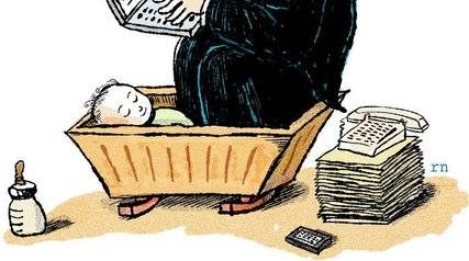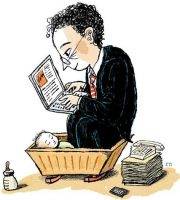November 22, 2016
Employers and ambitious employees combine to boost a buoyant job market 0
 The job market continues to remain buoyant in the face of economic and political uncertainties, and this is matched by a noticeable enthusiasm among employees to move jobs, suggests new research. The Totaljobs Employment Index, which measures activity across the totaljobs website, has shown that job postings on the site were up 7 percent year-on-year (YoY) in October. But this demand seems to have been outstripped by jobseekers’ needs, with the number of applications on the website up 14 percent YoY. This means that despite an increase in vacancies, the number of applications per job has soared 7 percent. This trend continues when looking at the last three months (Aug-Oct) compared with the same period in 2015, as jobs rose 11 percent and applications increased 12 percent. Broken down across the UK, the best performing regions in terms of growth in jobs posted include the North West (up 17 percent), the East Midlands and Wales (both up 13 percent).
The job market continues to remain buoyant in the face of economic and political uncertainties, and this is matched by a noticeable enthusiasm among employees to move jobs, suggests new research. The Totaljobs Employment Index, which measures activity across the totaljobs website, has shown that job postings on the site were up 7 percent year-on-year (YoY) in October. But this demand seems to have been outstripped by jobseekers’ needs, with the number of applications on the website up 14 percent YoY. This means that despite an increase in vacancies, the number of applications per job has soared 7 percent. This trend continues when looking at the last three months (Aug-Oct) compared with the same period in 2015, as jobs rose 11 percent and applications increased 12 percent. Broken down across the UK, the best performing regions in terms of growth in jobs posted include the North West (up 17 percent), the East Midlands and Wales (both up 13 percent).





























 Screening sporting events in the workplace may increase productivity, according to research released by employment law specialist Peninsula. In a survey of 894 employees across the UK, 64 percent reported being more productive as being allowed to watch sporting events at work. The survey, which claims to examine how businesses managed employees during the first half of the summer of sports also revealed that 46 percent of employees want clearer policies regarding watching sporting events at work. This related to the fact that employers only showed certain games during Euro2016 and didn’t show any of the Wimbledon tournament. 51 percent of respondents also called for employers to be more flexible during major sporting games allowing them to start late, leave early or swap with colleagues. 24 percent said that a lack of flexibility would encourage their decision to call in sick in order to watch their favourite sporting event.
Screening sporting events in the workplace may increase productivity, according to research released by employment law specialist Peninsula. In a survey of 894 employees across the UK, 64 percent reported being more productive as being allowed to watch sporting events at work. The survey, which claims to examine how businesses managed employees during the first half of the summer of sports also revealed that 46 percent of employees want clearer policies regarding watching sporting events at work. This related to the fact that employers only showed certain games during Euro2016 and didn’t show any of the Wimbledon tournament. 51 percent of respondents also called for employers to be more flexible during major sporting games allowing them to start late, leave early or swap with colleagues. 24 percent said that a lack of flexibility would encourage their decision to call in sick in order to watch their favourite sporting event.







